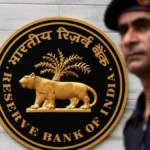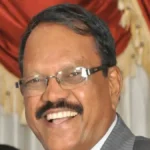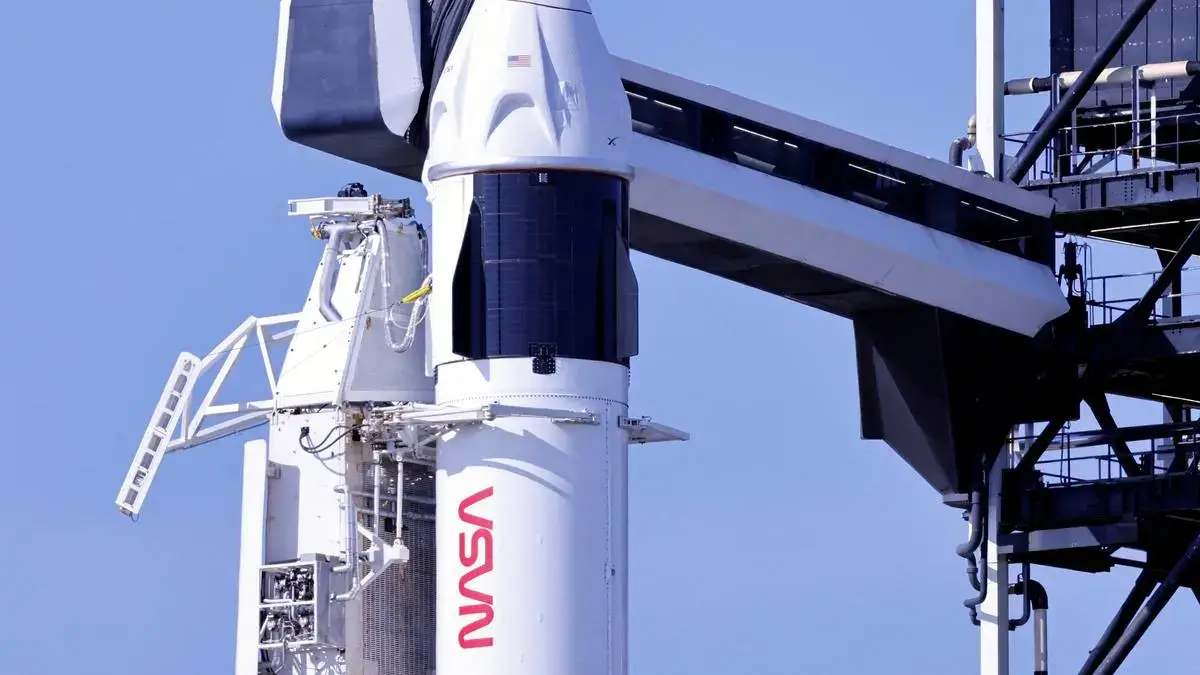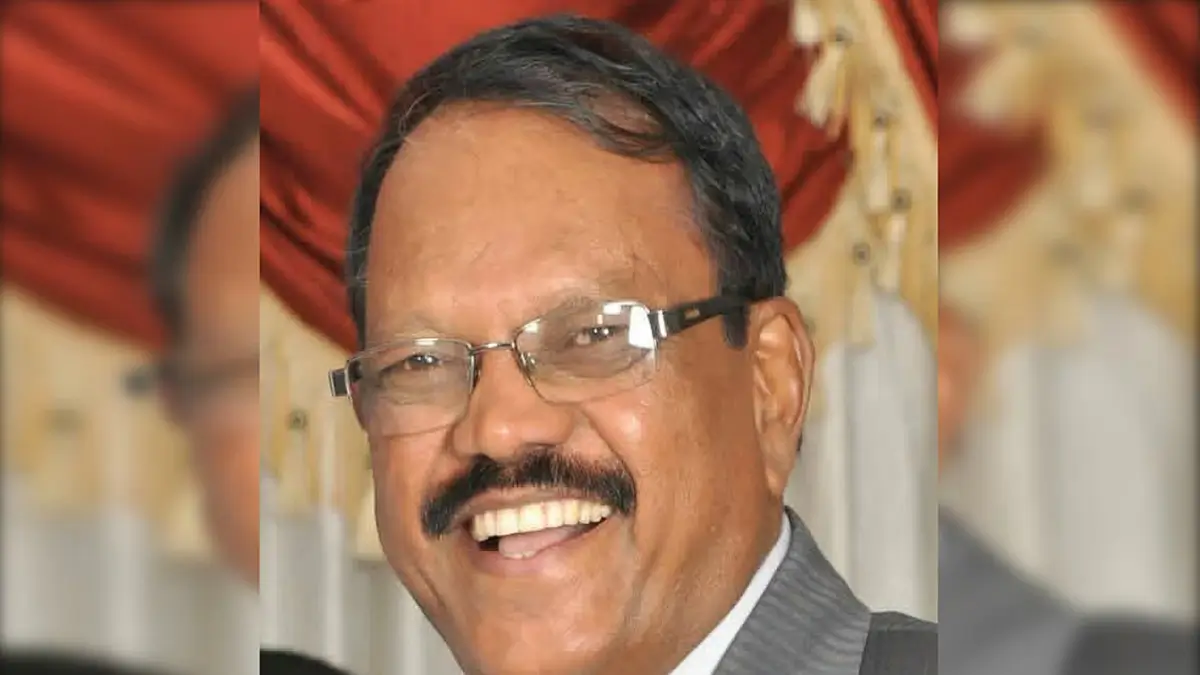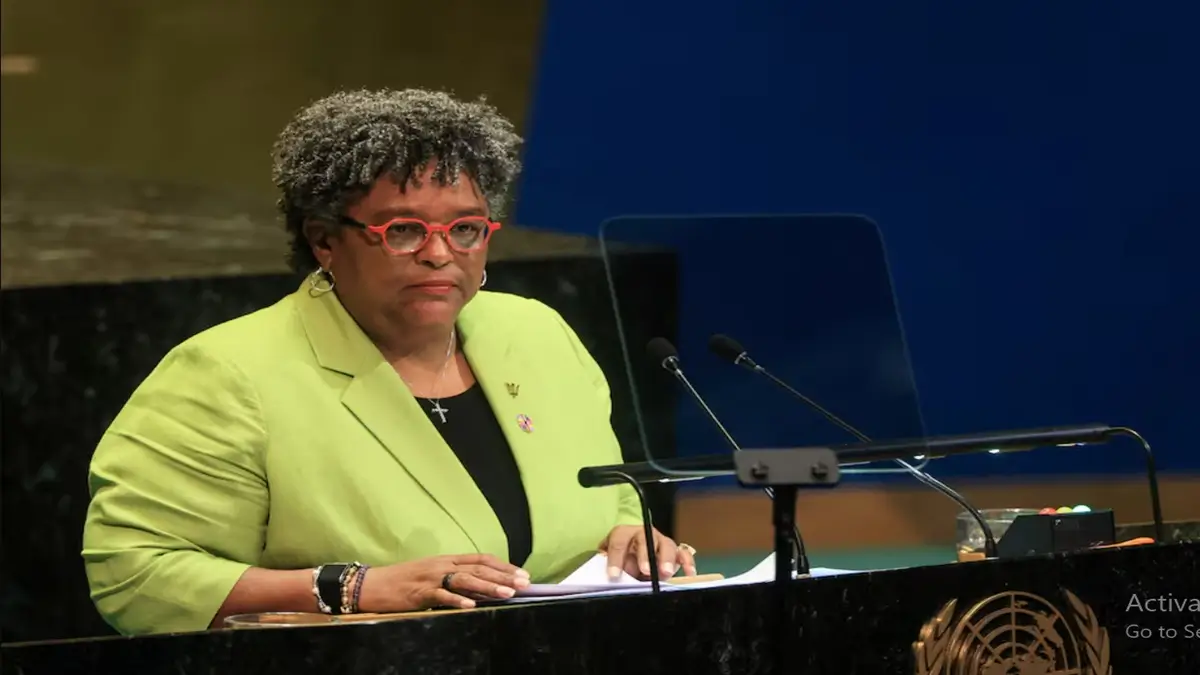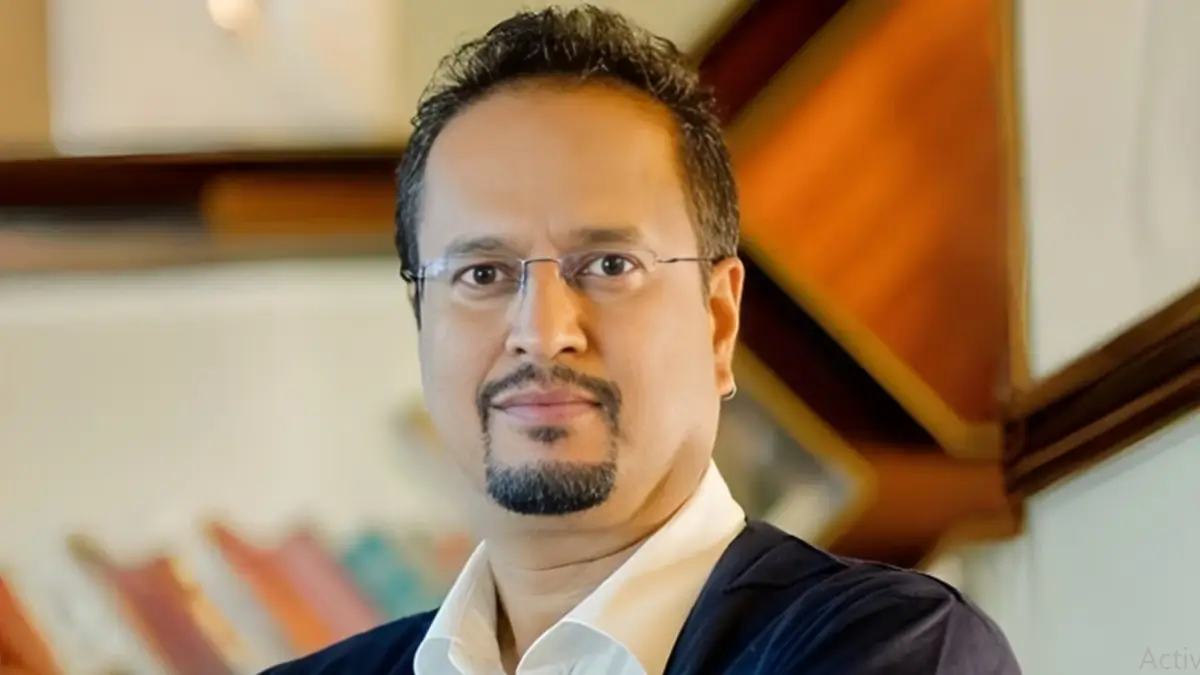Ronald L. Rowe Jr. Named Acting Chief of the U.S. Secret Service
Introduction
In a significant development for U.S. national security, Ronald L. Rowe Jr. has been appointed as the Acting Chief of the U.S. Secret Service. This transition comes amid critical times for the agency, which is tasked with safeguarding the nation’s top officials and protecting national interests.
Ronald L. Rowe Jr.’s Appointment
Ronald L. Rowe Jr., a seasoned professional within the U.S. Secret Service, has stepped into the role of Acting Chief. Rowe, who has been with the agency for several years, brings a wealth of experience and expertise to this crucial position. His appointment follows the resignation of the previous chief, and his new role is expected to focus on reinforcing the agency’s core missions and improving operational efficiency.
Challenges and Objectives
Rowe’s appointment comes at a time when the U.S. Secret Service faces various challenges, including evolving security threats and the need for modernization. His immediate objectives will likely include enhancing cybersecurity measures, addressing internal agency issues, and ensuring the protection of key individuals and national events.
Impact on National Security
The U.S. Secret Service plays a pivotal role in national security, and Rowe’s leadership is expected to have significant implications. As the Acting Chief, he will oversee critical operations and strategic planning, ensuring that the agency continues to meet its security mandates effectively.
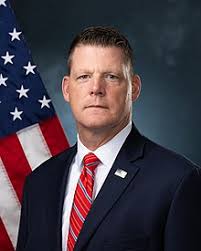
Why This News is Important
Significance of the Appointment
Ronald L. Rowe Jr.’s appointment as Acting Chief of the U.S. Secret Service is a pivotal moment for the agency and national security. The Secret Service is responsible for protecting the President, Vice President, and other high-profile officials, as well as securing national events. Rowe’s leadership is crucial in navigating the agency through contemporary security challenges.
Reinforcement of Security Measures
Under Rowe’s leadership, the Secret Service is expected to focus on enhancing its security measures. This includes improving cybersecurity protocols and addressing emerging threats. His background and experience within the agency are expected to drive positive changes and bolster the effectiveness of the Secret Service’s operations.
Agency Stability
The appointment aims to provide stability and continuity within the Secret Service during a transitional period. Rowe’s expertise and familiarity with the agency’s workings are essential for maintaining operational efficiency and ensuring that the agency’s objectives are met without disruption.
Historical Context
Background of the U.S. Secret Service
The U.S. Secret Service, established in 1865, initially focused on combating counterfeiting. Over time, its mission expanded to include protecting national leaders and securing major events. The agency’s dual role of protection and investigation makes it a cornerstone of U.S. national security.
Previous Leadership Transitions
This appointment follows a series of leadership transitions within the Secret Service, reflecting the evolving nature of the agency’s mission and the challenges it faces. Each transition has brought a new focus and strategic direction, shaping the agency’s response to contemporary security threats.
Key Takeaways from Ronald L. Rowe Jr. Named Acting Chief of the U.S. Secret Service
| Serial Number | Key Takeaway |
|---|---|
| 1 | Ronald L. Rowe Jr. has been appointed as the Acting Chief of the U.S. Secret Service. |
| 2 | Rowe’s appointment comes after the resignation of the previous chief. |
| 3 | The Acting Chief will focus on improving security measures and addressing agency challenges. |
| 4 | The Secret Service’s role includes protecting national leaders and securing major events. |
| 5 | The appointment aims to provide stability and continuity within the agency during this transitional period. |
Important FAQs for Students from this News
1. Who is Ronald L. Rowe Jr.?
Ronald L. Rowe Jr. is the newly appointed Acting Chief of the U.S. Secret Service. He has been with the agency for several years, bringing extensive experience and expertise to this leadership role.
2. What prompted the appointment of a new Acting Chief for the U.S. Secret Service?
The appointment of Ronald L. Rowe Jr. follows the resignation of the previous chief of the U.S. Secret Service. This transition aims to address current security challenges and ensure the continuity of leadership within the agency.
3. What are the primary responsibilities of the U.S. Secret Service?
The U.S. Secret Service is responsible for protecting the President, Vice President, and other high-profile officials. Additionally, it plays a key role in securing major national events and safeguarding national security.
4. What are Ronald L. Rowe Jr.’s immediate objectives as Acting Chief?
Rowe’s immediate objectives include enhancing cybersecurity measures, addressing internal agency issues, and ensuring the effective protection of key individuals and national events.
5. How does the appointment of an Acting Chief affect the Secret Service’s operations?
The appointment provides stability and continuity within the agency, allowing it to navigate current challenges effectively. Rowe’s leadership is expected to drive improvements in security measures and operational efficiency.
Some Important Current Affairs Links





